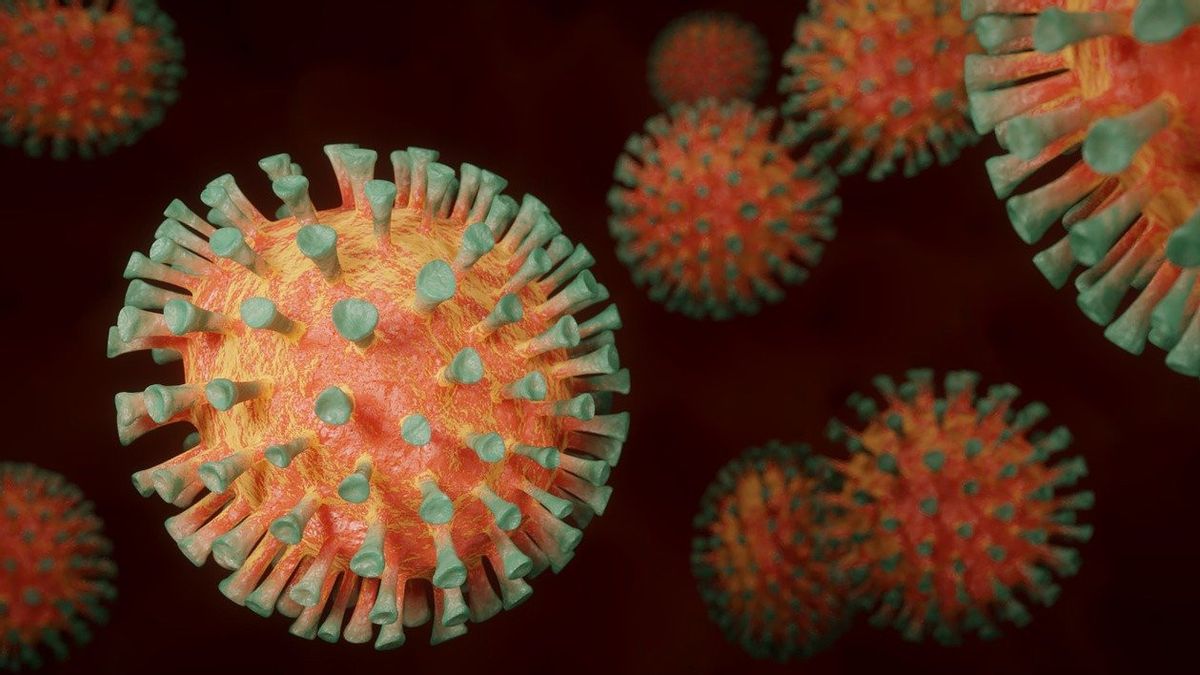JAKARTA - The COVID-19 Handling Task Force asked the public to remain calm in responding to the emergence of a new variant of COVID-19, namely B117. The suspected patient has recovered from the virus.
"The suspects have now recovered and are still being monitored by the regional health office," said Wiku Adisasmito, spokesman for the COVID-19 Task Force in an online press conference in Jakarta, Monday, March 8.
Wiku confirmed that the government had carried out tracing of people who were in close contact with the patient. He also said that the government will closely monitor Indonesian citizens from abroad who enter Indonesia. Indonesian citizens from abroad must be quarantined for 5 days.
"This is an effort to ensure that the new variant of COVID does not spread in Indonesia which will worsen the pandemic situation," he said.
Previously, the Ministry of Health noted that the transmission of the B117 variant of the coronavirus was found in South Sumatra on January 11, South Kalimantan on January 6, 2021, in East Kalimantan on February 12, and in North Sumatra on January 28.
SEE ALSO:
These four cases have been tested and tested positive for COVID-19 with the results of genome sequencing for the new strain of COVID-19 B117 from England.
"Currently they have recovered and have come out (from isolation). As a follow-up, we are conducting surveillance of their close contacts and we are chasing them so that we can test," said Minister of Health Budi Gunadi Sadikin separately.
Meanwhile, the Spokesperson for the COVID-19 Vaccination from the Ministry of Health (Kemenkes) Siti Nadia Tarmizi said that her party had not found any evidence of the mutation of the COVID-19 virus, namely B117, which was more dangerous in Indonesia. Even so, she asked the public to continue to apply health protocols in a disciplined manner.
"We have not received scientific evidence that this mutated COVID-19 virus has a higher malignancy than the initial COVID-19 virus," said Nadia.
The Ministry of Health asked the public not to worry too much, although they still have to be cautious. Because from research in other countries this virus is indeed more quickly transmitted.
Nadia also explained that this virus mutation occurs in the horn or spike of the virus which resembles rambutan fruit. This makes it easier for the virus to enter the target so that transmission is faster.
"The speed of transmission of the virus mutation does not cause the disease to worsen, but research is ongoing," explained Nadia.
The English, Chinese, Japanese, Arabic, and French versions are automatically generated by the AI. So there may still be inaccuracies in translating, please always see Indonesian as our main language. (system supported by DigitalSiber.id)


















